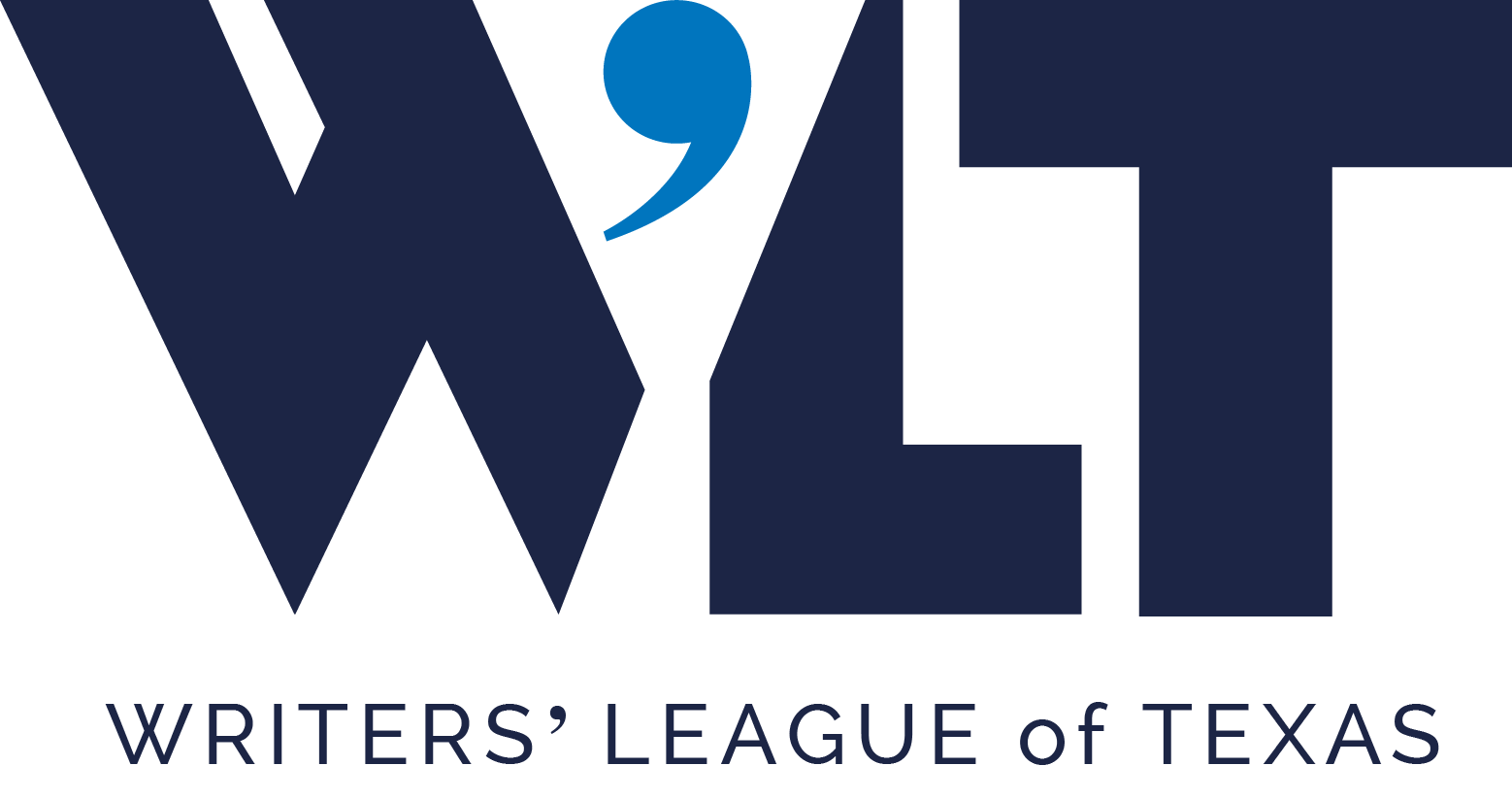How to Be Good A Literary Citizen

by WLT Intern Hailey Clement
July’s Third Thursday focused less on writing techniques and instead covered how to be part of the writing community. Creating and finding a place in the writing community is both important and fulfilling, but how to do so isn’t always obvious. To help us navigate this social and professional group, our panelists discussed a variety of topics, advice, and stories. But most of all, they described what it means to be a literary citizen, and how to be a good one.
Reflecting the diversity of writers in the audience, the panel consisted of a varied collection of writers, no two coming from the same background. But despite that, the message was clear: To be a good literary citizen, you must be above all, an authentic human. That may sound a little strange, and sometimes it is a little strange to do, but it is key.
Being part of the literary community involves contributing something, somehow. That can manifest in multiple ways depending on personality and availability. For some, it will be having engaging conversations on Twitter, going to writing events in town, or writing reviews and raving about books to friends.
Jennifer Hill Robenalt, tapping her wisdom as an experienced communications professional, emphasized being authentic. Even over the Internet, it’s clear when someone is lying or just doing something for the attention. So, it means a lot when posts or reviews are sincere and personal. That touch of humanity does come across and helps connect authors as people.
Adding to this sentiment, Cory Putman Oakes asserted that “networking doesn’t have to be creepy!” Done successfully, it’s a great way to make actual friends and connections. These relationships can be personally fulfilling and may lead to professional help from friends, perhaps in the form of blurbs or reviews. Oakes also emphasized that an important part of being in the community is being thankful to those who are helpful and supportive. Just like in real, face-to-face life, common courtesy goes a long way toward building connections with other writers.
François Pointeau brought forth his twofold opinion of bringing people together, and respecting when they want their distance. A good citizen pays it forward constantly, creating or engaging in spaces for writers. For him, this is often through his radio show on KOOP Radio, “Writing on the Air,” but also through attending local events. Meeting someone in person is often the first step to an actual relationship, and events are great ways to find like-minded people. But there will be times when someone declines an invitation or a manuscript. That’s not a problem; it’s just part of the process. The best way to react is respectfully and to move on.
Perhaps the easiest strategy discussed was Michael Noll’s. He strongly believes in reading more books. It is a straightforward and enjoyable way to support fellow writers. Not only do sales help, but that creates the opportunity to write reviews or recommend books to friends. Reviews on GoodReads and Amazon show solidarity with authors, can help with metrics, and or can help a book find a good spot on those virtual bookshelves, but they can also simply make the author feel good. A well written review coupled with tangible support is one of the most direct ways to be an outstanding literary citizen.
What do you do to be a good literary citizen for your community?
Join us at Book People on August 20th for our next Third Thursday panel “Picture This: Creating Illustrated Children’s Books” where Jeff Crosby, Liz Garton Scanlon, Mary Sullivan, and Emma J. Virján will discuss the intricate and delightful world of writing a picture book. See you at 7 pm!









